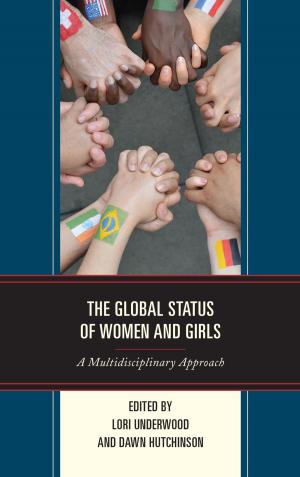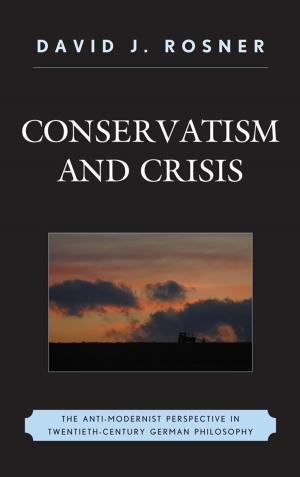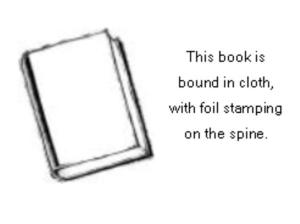The Age of Promiscuity
Narrative and Mythological Meme Mutations in Contemporary Cinema and Popular Culture
Nonfiction, Social & Cultural Studies, Social Science, Folklore & Mythology, Cultural Studies, Popular Culture| Author: | Doru Pop | ISBN: | 9781498580618 |
| Publisher: | Lexington Books | Publication: | November 15, 2018 |
| Imprint: | Lexington Books | Language: | English |
| Author: | Doru Pop |
| ISBN: | 9781498580618 |
| Publisher: | Lexington Books |
| Publication: | November 15, 2018 |
| Imprint: | Lexington Books |
| Language: | English |
This book presents an original and engaging look at contemporary popular culture, opening with the provocative idea that this is a day and age of complete exhaustion of ideas, images, stories, and myths. Questioning the effects of content recycling in cinema and other media, the author further elaborates on the repurposing of cultural junk, the reassembling of narratives and myths. The thought-provoking hypothesis proposed in this research is that we have entered an age of cultural promiscuity.
By analyzing the mutations of myth-making practices and connecting them with larger cultural manifestations, the author explains these transformations as integral to the development of a myth-illogical imagination. Cinematic and mythological representations in mainstream Hollywood films have reached a point of amalgamation with no return, which marks the beginning of a "fourth age of representations," where signs and meanings are manifested in illogical permutations. This is more explicit in films that commingle aliens, cowboys, undead American presidents, and zombie nazis, joining together in the same narrative ghosts, werewolves, and vampires, aggregating disjoined storylines and historical fake facts, all coalesced in an orgy of empty burlesque and infantile masquerades.
This interdisciplinary research combines cultural studies, film criticism, art and myth interpretations, bringing into the debate multiple concepts from related fields such as critical theory and media criticism. The book also opens up to innovative approaches from a wide array of academic disciplines, offering researchers, students and those fascinated by the transformations happening in contemporary cinema an interpretative tool based on a revised dialectic approach. The conclusion is that we are now victims of a zombie semiotics. Meaning-making in contemporary culture, politics, and aesthetics is dominated by a process of incessant desecration of significations, specific to the total mishmash of representations analyzed here.
This book presents an original and engaging look at contemporary popular culture, opening with the provocative idea that this is a day and age of complete exhaustion of ideas, images, stories, and myths. Questioning the effects of content recycling in cinema and other media, the author further elaborates on the repurposing of cultural junk, the reassembling of narratives and myths. The thought-provoking hypothesis proposed in this research is that we have entered an age of cultural promiscuity.
By analyzing the mutations of myth-making practices and connecting them with larger cultural manifestations, the author explains these transformations as integral to the development of a myth-illogical imagination. Cinematic and mythological representations in mainstream Hollywood films have reached a point of amalgamation with no return, which marks the beginning of a "fourth age of representations," where signs and meanings are manifested in illogical permutations. This is more explicit in films that commingle aliens, cowboys, undead American presidents, and zombie nazis, joining together in the same narrative ghosts, werewolves, and vampires, aggregating disjoined storylines and historical fake facts, all coalesced in an orgy of empty burlesque and infantile masquerades.
This interdisciplinary research combines cultural studies, film criticism, art and myth interpretations, bringing into the debate multiple concepts from related fields such as critical theory and media criticism. The book also opens up to innovative approaches from a wide array of academic disciplines, offering researchers, students and those fascinated by the transformations happening in contemporary cinema an interpretative tool based on a revised dialectic approach. The conclusion is that we are now victims of a zombie semiotics. Meaning-making in contemporary culture, politics, and aesthetics is dominated by a process of incessant desecration of significations, specific to the total mishmash of representations analyzed here.















